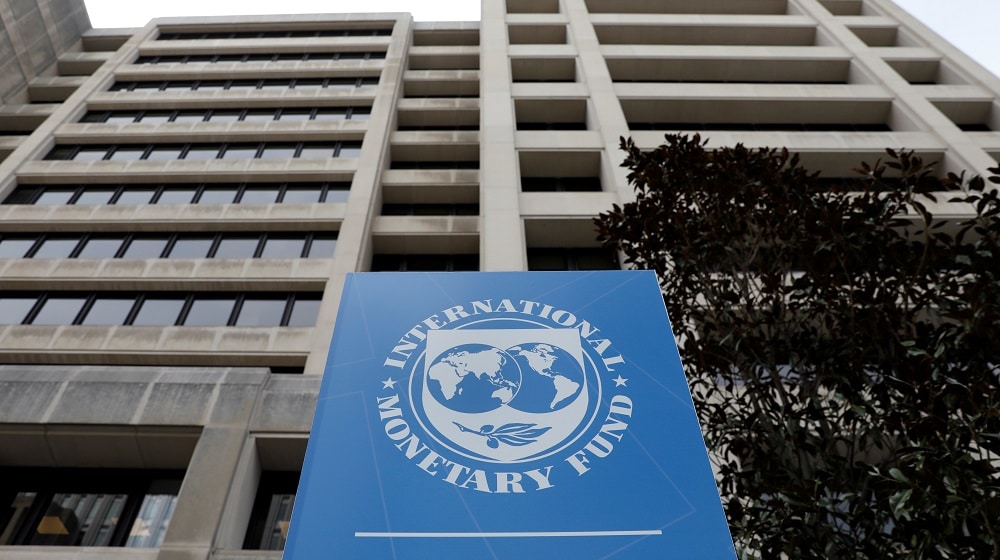In a significant move, the Executive Board of the International Monetary Fund (IMF) has approved a 9-month Stand-By Arrangement (SBA) for Pakistan. This financial support amounts to SDR2,250 million, approximately $3 billion, or 111 percent of the quota, and aims to bolster the country’s economic stabilization program. Pakistan finds itself at a challenging economic juncture due to a difficult external environment, devastating floods, and policy missteps, resulting in fiscal and external deficits, rising inflation, and eroded reserve buffers in FY23. The IMF recognizes the urgency of addressing these issues and believes that the SBA-supported program will provide a policy anchor to rectify the domestic and external imbalances while securing financial assistance from multilateral and bilateral partners.
Implementation of the FY24 Budget for Fiscal Adjustment and Debt Sustainability
To ensure Pakistan’s fiscal adjustment and debt sustainability, the SBA-supported program places a significant emphasis on the implementation of the FY24 budget. This entails prudent fiscal measures aimed at reducing the fiscal deficit and protecting critical social spending. By implementing sound fiscal policies, Pakistan can achieve a necessary adjustment while safeguarding the well-being of its citizens. The IMF’s approval of the SBA reinforces its commitment to assist Pakistan in addressing these challenges and achieving economic stability.
Returning to a Market-Determined Exchange Rate
An important component of the program is the focus on returning to a market-determined exchange rate and establishing proper functioning in the foreign exchange (FX) market. This measure is crucial for absorbing external shocks and eliminating FX shortages. A market-driven exchange rate will enhance Pakistan’s ability to adapt to economic fluctuations and promote stability in the FX market. By implementing these reforms, Pakistan can strengthen its resilience against external shocks and ensure a smoother functioning of the economy.
READ MORE:
Finance Minister Ishaq Dar: UAE Deposits $1 Billion in State Bank of Pakistan
Appropriate Monetary Policy for Disinflation
To tackle rising inflation, the SBA-supported program advocates for an appropriately tight monetary policy aimed at disinflation. By adopting a proactive approach to monetary policy, Pakistan can effectively manage inflationary pressures and stabilize prices. A well-calibrated monetary policy will help restore confidence in the economy and contribute to sustainable economic growth. The IMF’s endorsement of this policy direction underscores its confidence in Pakistan’s ability to address inflationary challenges and achieve macroeconomic stability.
Progress on Structural Reforms: Energy Sector, SOE Governance, and Climate Resilience
Structural reforms play a vital role in driving long-term sustainable growth. The SBA-supported program encourages Pakistan to make further progress in key areas, including energy sector viability, state-owned enterprise (SOE) governance, and climate resilience. Enhancing the viability of the energy sector will contribute to a more stable and efficient power supply, which is crucial for economic development. Strengthening SOE governance will improve accountability, transparency, and operational efficiency, ensuring optimal utilization of resources. Additionally, prioritizing climate resilience will help Pakistan mitigate the adverse impacts of climate change and promote sustainable development.
Immediate Disbursement and Program Review
The approval by the IMF’s Executive Board enables an immediate disbursement of SDR894 million, approximately $1.2 billion, as part of the SBA-supported program. This immediate financial support will provide much-needed liquidity and help address immediate challenges. The remaining amount will be phased over the program’s duration, subject to two quarterly reviews. These reviews will evaluate the progress made by Pakistan in implementing the program’s objectives and ensure adherence to the agreed-upon policy framework. The phased disbursement ensures that financial support remains contingent upon the country’s commitment to policy implementation and reforms.




